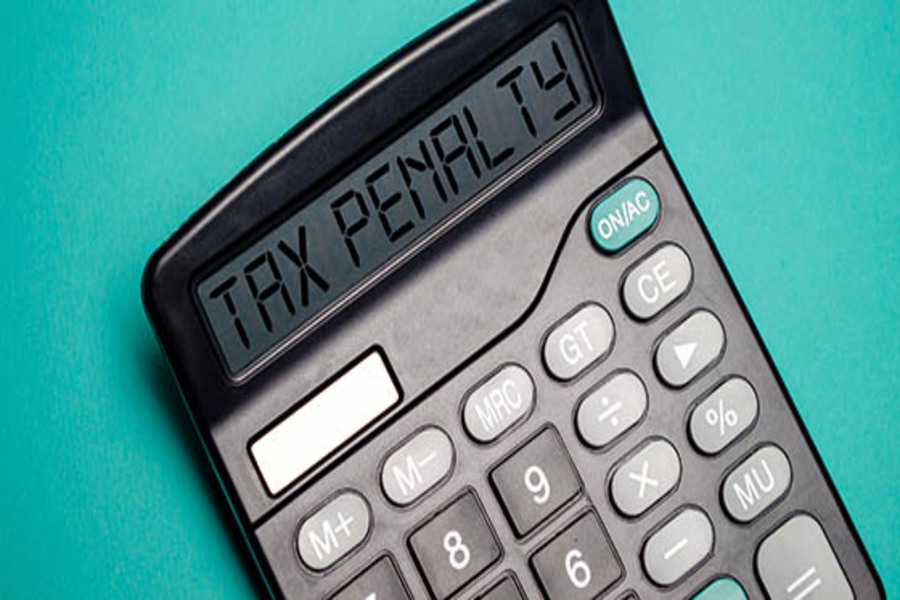If you own or manage a business with employees, there’s a harsh tax penalty that you could be at risk for paying personally. The Trust Fund Recovery Penalty (TFRP) applies to Social Security and income taxes that are withheld by a business from its employees’ wages. Sweeping penalty The TFRP is dangerous because it applies to a broad range of actions and to a wide range of people involved in a business. Here are some answers to questions about the penalty: What actions are penalized? The TFRP applies to any willful failure to collect, or truthfully account for, and pay over taxes required to be withheld from employees’ wages. Why is it so harsh? Taxes are considered the government’s property. The IRS explains that Social Security and income taxes “are...






